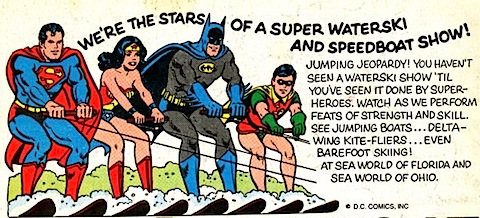 Writing is probably at least 75% of a cartoon. Good art attracts readers initially, but good writing is why readers come back.
Writing is probably at least 75% of a cartoon. Good art attracts readers initially, but good writing is why readers come back.
Avoid these five common cartoon writing pitfalls and not only will your readers stick around, but you might even earn a rare “why didn’t I think of that?!” from a fellow cartoonist:
1) Funny names.
Example: “Mr Snuffenheimer will see you now.” Silly names slow the read and dilute the cartoon. Don’t use them.
2) Waiting for your muse.
Cartoonists that make a living from their cartoons write often and write purposefully. It’s a skill you can learn, but only if you stop waiting for inspiration.
3) Puns.
This is an Achilles’ heel for all of us. And, yes, occasionally they’re OK and might even sell, but they’re easy cartoons and you know it. Don’t be that easy cartoon guy.
4) Explaining captions.
Example: Businessman to chicken across desk – “I see here by your resume that you’d be a perfect fit here at Fowlco. Especially the part about you being a chicken since we make chicken nuggets here for restaurants where people consume them. So you’d be food which is why, ironically, you’re such a good fit here.”
If you have to explain the joke in the joke it needs to be rewritten.
5) Repurposing other cartoonists’ captions.
I remember reading a book about cartooning when I was starting out that suggested borrowing other cartoonists’ captions and reworking them slightly to make them your own. Maybe change the setting from an office to a school. Or change the gag’s point of view from patient to doctor.
Listen, we all dip our pens in the same gag well, so occasionally you’re going to come up with a cartoon that’s been done by someone else. But do not ever do it on purpose.
Keep the above tips in mind the next time you’re sitting down to write cartoons and you’ll be much happier with your gags. (And so will your readers!)
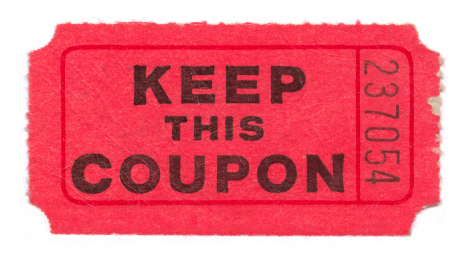

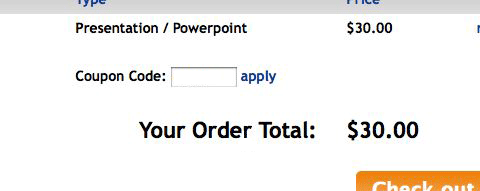
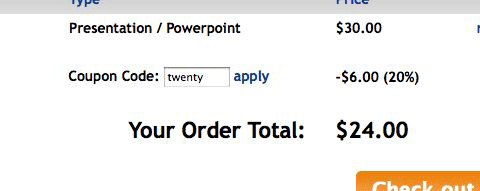
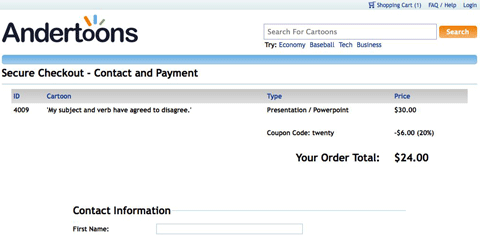

 Writing is probably at least 75% of a cartoon. Good art attracts readers initially, but good writing is why readers come back.
Writing is probably at least 75% of a cartoon. Good art attracts readers initially, but good writing is why readers come back.